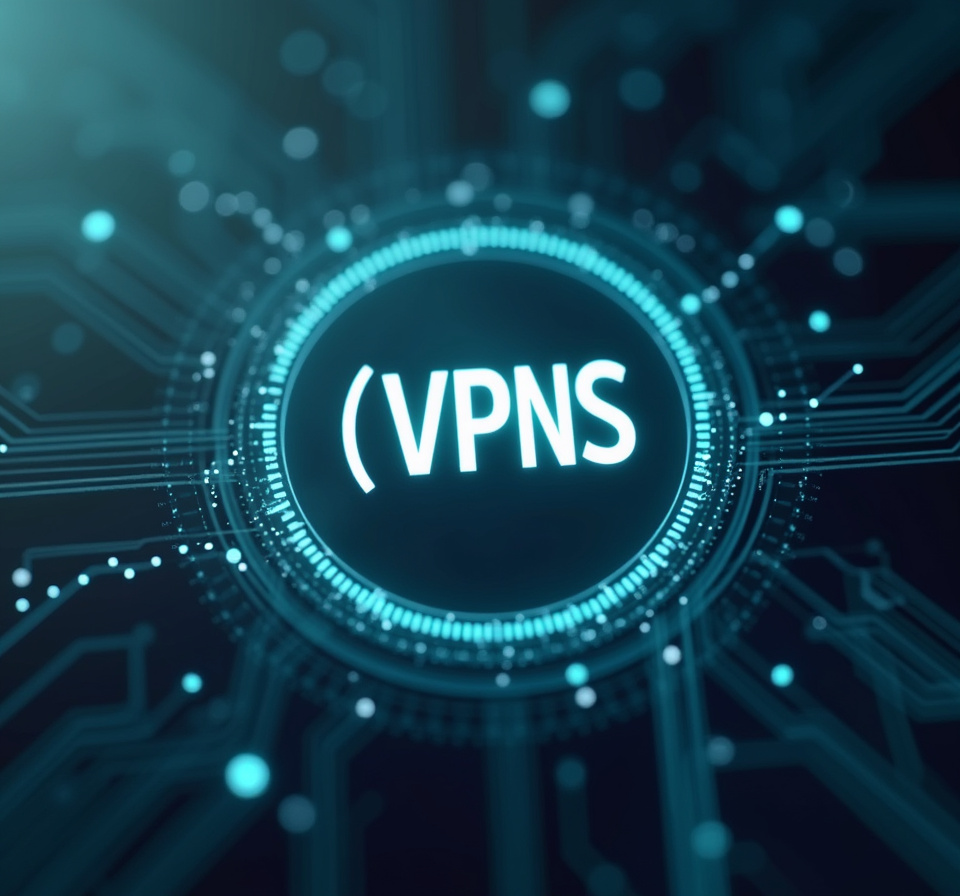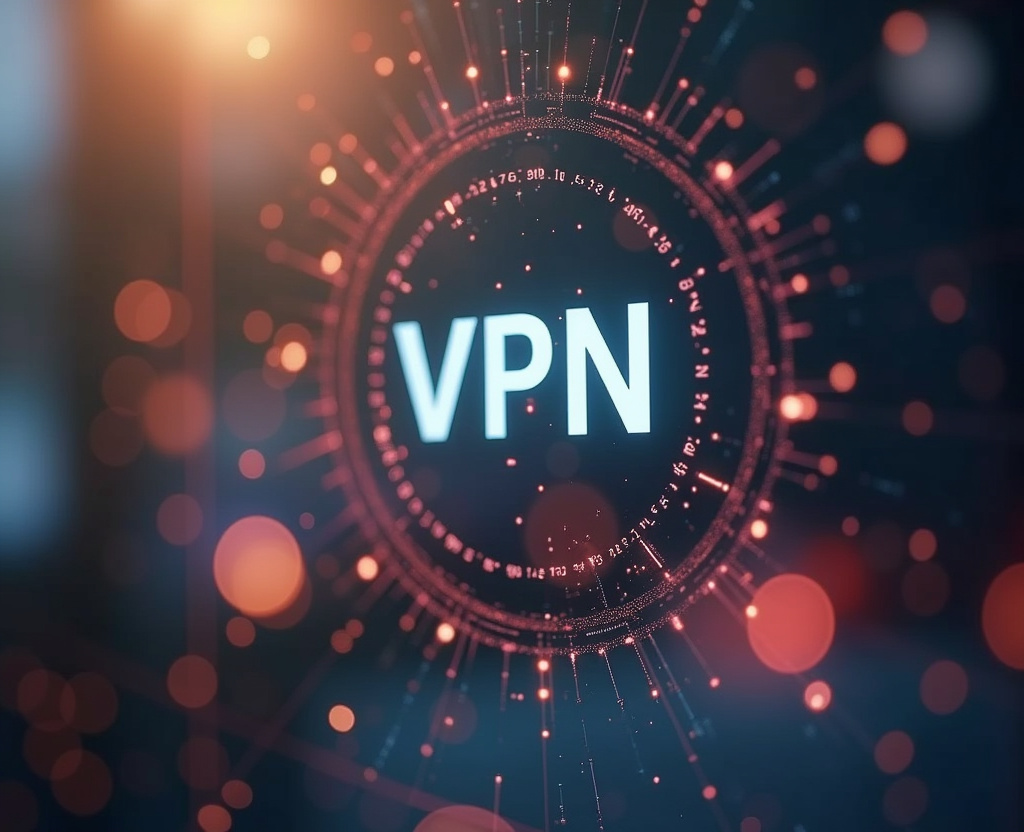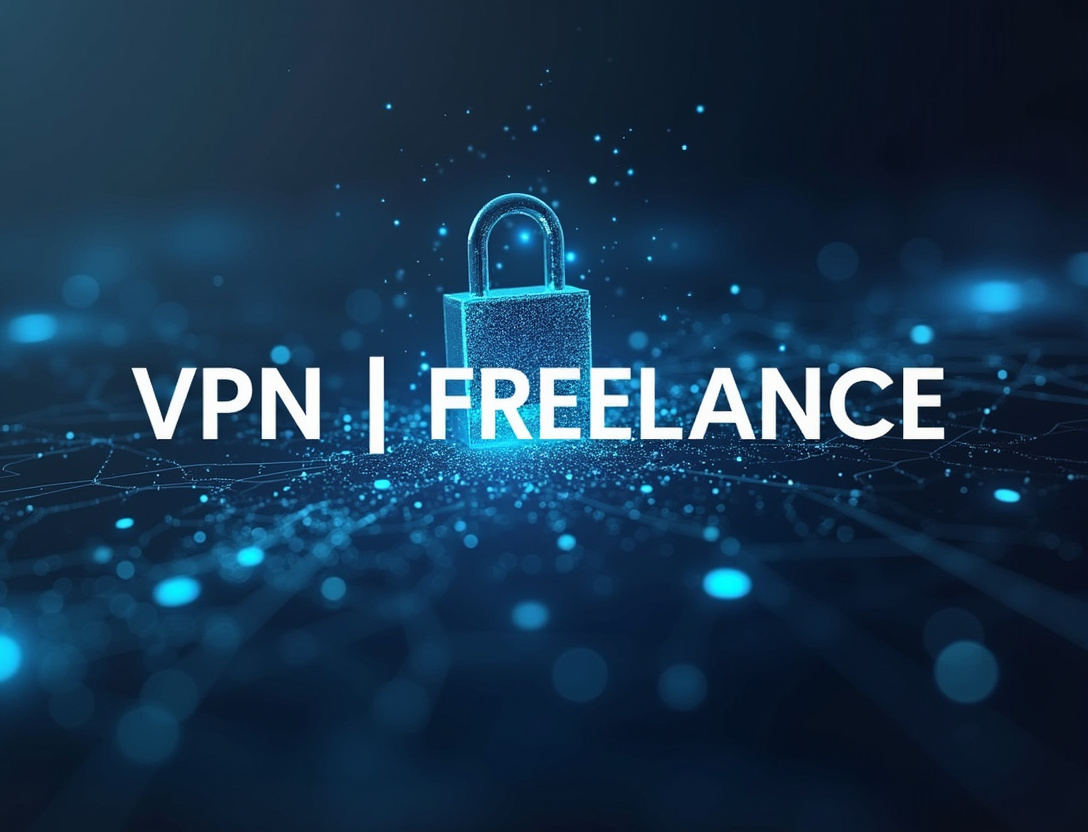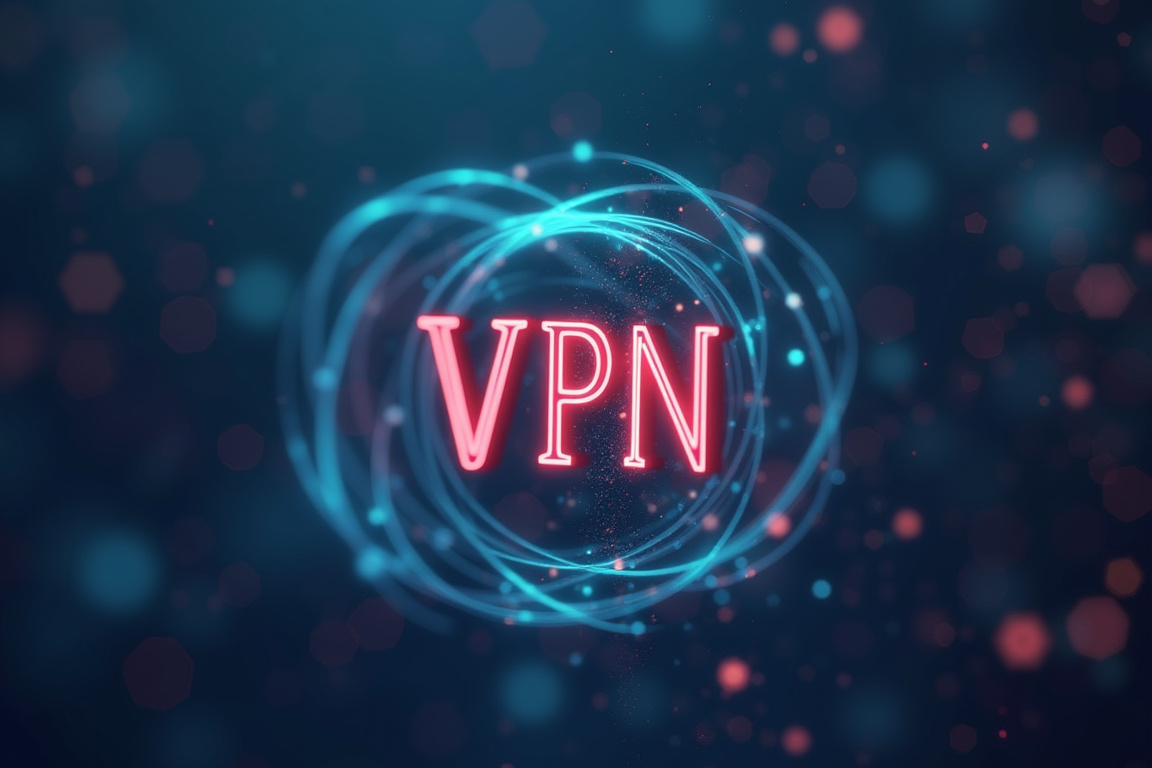VPNs and ISP Throttling: Maintaining Speed
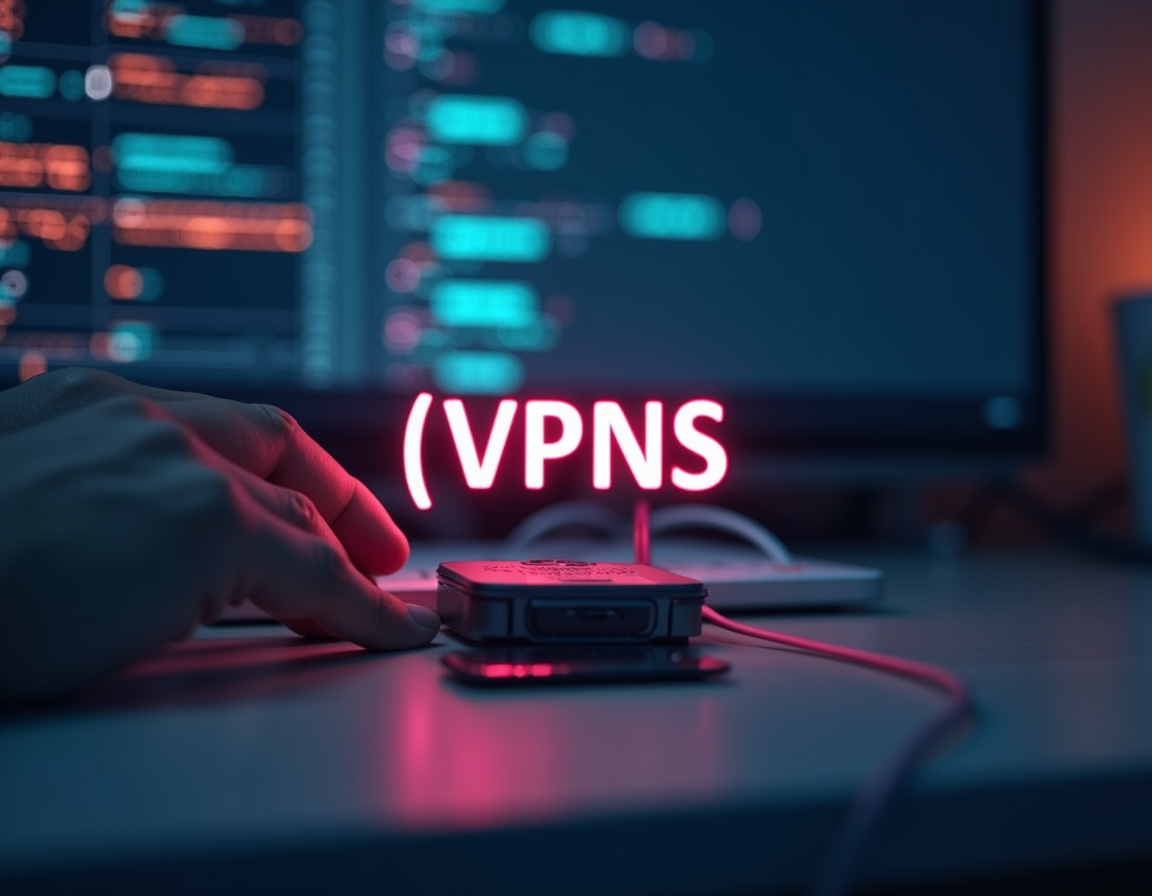
Table of Contents
high-speed internet
In today's hyper-connected world, access to a fast and reliable internet connection is no longer a luxury but a necessity. We rely on the internet for everything from work and education to entertainment and communication. However, the promise of consistently is frequently challenged by a frustrating practice known as .
Internet Service Providers (ISPs), the gatekeepers to our online world, sometimes intentionally slow down our internet speeds, often without transparent explanation. This can manifest as buffering videos, sluggish downloads, frustratingly slow browsing, and even complete service interruptions. While ISPs may justify throttling as a means of managing network congestion or enforcing data caps, the reality is that it often feels like a manipulative tactic that diminishes the value of our internet subscriptions.
Fortunately, there is a powerful tool available to combat and reclaim control over your internet experience: the Virtual Private Network (VPN). This article delves into the insidious world of ISP throttling, explaining how it works, why it happens, and, most importantly, how a VPN can effectively and preserve your desired . We'll explore the mechanisms by which VPNs bypass throttling, weigh the factors that influence , and offer guidance on selecting the best VPN to ensure consistently high-speed internet access.
The internet, at its core, is designed to be an open and neutral platform. However, ISPs occupy a privileged position in the network hierarchy, granting them the ability to monitor and manipulate user traffic. While overtly discriminatory practices, such as blocking specific websites, are often subject to legal scrutiny, more subtle forms of traffic management, like throttling, can be harder to detect and regulate.
ISPs might justify throttling as a necessary means of maintaining network stability during peak hours. By slowing down the speeds of heavy data users, they claim to ensure a more consistent experience for the majority of their subscribers. Similarly, data caps, often accompanied by throttling penalties for exceeding those caps, are presented as a way to manage bandwidth consumption and prevent network overload.
However, the lack of transparency surrounding throttling practices often raises suspicions about ulterior motives. For example, an ISP might prioritize traffic for its own streaming services while throttling competing services, giving its own offerings an unfair advantage. This type of anti-competitive behavior undermines net neutrality principles and limits consumer choice.
The specific triggers for ISP throttling can vary depending on the provider and the type of internet plan. Some ISPs throttle specific types of content, such as video streaming or peer-to-peer file sharing, regardless of the time of day or overall network congestion. Others might implement throttling based on overall data usage, regardless of the type of content being consumed.
And in some cases, throttling might be triggered by accessing specific websites or online services that the ISP deems to be bandwidth-intensive or undesirable. Identifying whether you're a victim of ISP throttling can be challenging, as the symptoms—slow speeds and buffering—can also be caused by other factors, such as poor Wi-Fi signal, overloaded servers, or general internet congestion. One way to diagnose throttling is to run speed tests at different times of day and on different websites.
Consistent slowdowns, particularly when accessing specific types of content, can be a strong indication of throttling. There are also specialized tools and techniques for analyzing network traffic and identifying potential throttling activities. Understanding the underlying reasons for ISP throttling, whether it's legitimate network management or anti-competitive behavior, is essential for choosing the most effective countermeasure.
While some throttling practices may be unavoidable, VPNs offer a powerful means of bypassing discriminatory throttling and reclaiming control over your internet connection, enabling the consistently high-speed experience you're paying for.
ISP throttling
VPNs provide a powerful shield against by creating a secure and encrypted tunnel for all your internet traffic. This tunnel acts as a protective barrier, preventing your ISP from easily monitoring your online activities and selectively slowing down your connection. The key to a VPN's ability to lies in two fundamental mechanisms: encryption and IP address masking.
Encryption scrambles your data, rendering it unreadable to anyone intercepting it, including your ISP. When your ISP cannot see the contents of your traffic, they are unable to identify the specific websites you are visiting, the applications you are using, or the type of content you are accessing. This lack of visibility makes it significantly more difficult for them to selectively throttle your connection based on your online behavior.
For instance, if an ISP typically throttles video streaming, a VPN will mask the fact that you are streaming video, preventing the throttling from being triggered. Similarly, if an ISP slows down traffic to specific websites, a VPN will hide your destination, preventing the throttling from being applied. In essence, encryption deprives the ISP of the information they need to discriminate against your traffic.
The second crucial mechanism is IP address masking. Your IP address is a unique identifier that reveals your approximate geographic location and allows websites and online services to identify you. ISPs can use your IP address to track your online activities and potentially throttle your connection based on your location or usage patterns.
When you connect to a VPN server, your true IP address is replaced with the IP address of the VPN server. This effectively masks your geographic location and makes it much more difficult for ISPs to target you based on your usage patterns. For example, if you are located in a region where an ISP typically throttles connections during peak hours, connecting to a VPN server in a different region can bypass this restriction.
This IP address masking also enhances your online privacy by preventing websites and online services from tracking your location and building a profile of your browsing habits. By combining encryption and IP address masking, VPNs create a powerful barrier against . The encrypted tunnel ensures that your ISP cannot see the contents of your traffic, while the IP address masking conceals your identity and location.
This combination effectively prevents ISPs from selectively slowing down your connection based on your online activities or geographic location. While the encryption process does add a slight overhead to your connection, the benefits of bypassing throttling typically outweigh this performance impact. Moreover, advancements in VPN technology and server infrastructure are continuously minimizing the performance overhead associated with VPN usage.
Choosing a reputable VPN provider with a robust server network and optimized protocols is crucial for maximizing both security and . The placement of the VPN server can affect , so it is a good idea to experiment to find the best option. The hinges on a few factors, and these are all good ideas to try to maximize yours.
The end result can be maintained .
VPN effectiveness
Assessing in mitigating throttling requires careful consideration of several factors. The specific type of throttling being employed by your ISP, the VPN protocol being used, the geographic location of the VPN server, and the overall quality of the VPN provider's network infrastructure all play a role. Testing your internet speed with and without a VPN is a straightforward method for evaluating its impact on throttling.
Conduct speed tests using reputable online tools both before and after connecting to a VPN server. Pay attention to upload and download speeds, as well as latency (ping time). Compare the results to determine if the VPN is effectively bypassing throttling and improving your overall connection speed.
In some cases, you might find that a VPN actually reduces your speed slightly. This can occur due to the overhead associated with encryption and the distance between your location and the VPN server. However, a well-optimized VPN should minimize this performance impact and, in many cases, provide a net improvement in speed by bypassing throttling.
The VPN protocol you choose can also significantly impact and . Some protocols, such as OpenVPN, are known for their strong security and reliability but can be relatively slower due to their complex encryption algorithms. Other protocols, such as WireGuard, offer a better balance of speed and security, making them a popular choice for users who prioritize performance.
Experimenting with different VPN protocols can help you find the optimal configuration for your specific needs and network conditions. The geographic location of the VPN server is another crucial factor. Connecting to a server that is geographically close to your actual location typically results in lower latency and faster speeds.
However, if your ISP is specifically throttling traffic in your region, connecting to a server in a different region might be necessary to bypass the throttling. A VPN provider with a large and diverse server network offers more flexibility in choosing the optimal server location for your needs. The quality of the VPN provider's network infrastructure is also paramount.
A provider with a robust and well-maintained network will generally offer faster and more reliable connections than a provider with a smaller or less reliable network. Look for providers that use high-bandwidth servers and have multiple server locations around the world. In addition to speed tests, monitoring your online experience with and without a VPN can also provide valuable insights into its effectiveness.
Pay attention to whether video streaming is smoother, downloads are faster, and browsing is more responsive when using the VPN. If you notice a significant improvement in your online experience, it's a good indication that the VPN is effectively mitigating throttling. It is important to remember that can vary depending on the specific throttling techniques used by your ISP.
Some ISPs are more sophisticated in their throttling methods and may be able to detect and throttle VPN traffic. In these cases, you might need to try different VPN protocols, server locations, or even VPN providers to find a solution that works. Using a combination of speed tests, monitoring your online experience, and experimenting with different VPN settings can help you determine the in bypassing throttling and maintaining access.
ISP throttling
Choosing the right VPN is crucial for successfully combating and ensuring consistently . With a vast array of VPN providers available, each offering varying features, pricing, and performance levels, it's essential to conduct thorough research and select a provider that aligns with your specific needs and priorities. Key factors to consider include server network size and distribution, VPN protocols supported, encryption strength, logging policies, speed and performance, and pricing.
A large and geographically diverse server network provides greater flexibility in bypassing throttling and optimizing connection speeds. Look for providers with servers in multiple countries and regions, allowing you to connect to a server that is close to your location or in a region where throttling is less prevalent. The variety of server locations enhance your ability to efforts by giving you greater choice.
The VPN protocols supported are more varied now. This allows you to pick the perfect balance of encryption and speed. Providers that support OpenVPN, WireGuard, and IKEv2 offer a good balance of security and performance.
Choose the best one depending on what your needs are depending on how you are using your . Encryption strength is another critical consideration. While all reputable VPNs use encryption to protect your data, the specific encryption algorithms used can vary.
Look for providers that use AES-256 encryption, which is considered the industry standard for strong encryption. A provider's logging policy determines the extent to which they collect and store information about your online activities. For maximum privacy, choose a provider with a strict no-logs policy, meaning that they do not collect or store any information about the websites you visit, the content you download, or your IP address.
Speed and performance are obviously crucial for maintaining access. Look for providers with fast and reliable servers, optimized protocols, and low latency. Reading reviews and conducting speed tests can help you assess a provider's performance before committing to a subscription.
Pricing varies significantly among VPN providers. Some providers offer free plans, but these plans typically come with limitations on bandwidth, server locations, and features. Paid VPNs typically offer better performance, more server locations, and more features.
Choose a plan that fits your budget and needs. Beyond these core factors, consider additional features such as a kill switch, which automatically disconnects your internet connection if the VPN connection drops, preventing your data from being exposed. Split tunneling, which allows you to choose which applications or traffic are routed through the VPN and which are not is another important feature to consider.
Also, evaluate customer support options and read user reviews to get a sense of the provider's reliability and responsiveness. By carefully considering these factors and conducting thorough research, you can choose a VPN provider that effectively combats , protects your privacy, and ensures consistently access for all your online activities. The is directly correlated with doing good research before choosing the vendor to prevent the impact of .
ISP throttling
In conclusion, represents a significant challenge to the promise of open and accessible . While ISPs may justify throttling as a necessary means of managing network congestion or enforcing data caps, the practice often feels arbitrary and manipulative, diminishing the value of our internet subscriptions and hindering our online experiences. Fortunately, VPNs offer a powerful and effective solution to combat ISP throttling, reclaim control over our internet connections, and maintain the we expect and deserve.
By creating a secure, encrypted tunnel for all our internet traffic, VPNs prevent ISPs from easily monitoring our online activities and selectively slowing down our connections based on content type, destination, or usage patterns. The encryption and IP address masking capabilities of VPNs effectively shield our data from prying eyes, ensuring that ISPs cannot discriminate against our traffic or target us based on our geographic location or browsing habits. Choosing the right VPN provider is essential for maximizing in mitigating throttling.
Factors such as server network size and distribution, VPN protocols supported, encryption strength, logging policies, speed and performance, and pricing should all be carefully considered. A reputable VPN provider with a large and diverse server network, robust encryption protocols, and a strict no-logs policy can provide a consistently fast, secure, and private internet experience. By regularly testing your internet speed with and without a VPN, monitoring your online experience, and experimenting with different VPN settings, you can fine-tune your VPN configuration to achieve optimal performance and bypass throttling effectively.
However, it is essential to remember that VPNs are not a silver bullet solution. Some ISPs may employ more sophisticated throttling techniques that are difficult to circumvent. In these cases, you might need to try different VPN providers, protocols, or server locations to find a configuration that works.
It's also important to be aware that VPNs can introduce some overhead to your internet connection, potentially reducing your speed slightly. However, a well-optimized VPN should minimize this performance impact and, in many cases, provide a net improvement in speed by bypassing throttling. As technology evolves, so too will the methods employed by both ISPs and VPN providers.
Staying informed about the latest throttling techniques and VPN advancements is crucial for maintaining an effective defense against and preserving your access to . In this ongoing digital arms race, VPNs remain a vital tool for protecting our online privacy, ensuring net neutrality, and reclaiming control over our internet experiences. By embracing VPN technology and advocating for fair internet practices, we can collectively promote a more open, accessible, and equitable online world where everyone can enjoy the full benefits of without fear of arbitrary throttling or discrimination by ISPs.
With the right VPN in place, you can confidently browse, stream, download, and connect online, knowing that your internet connection is protected from and optimized for .
Stay Updated
Get the latest VPN news, tips, and exclusive deals to your inbox.
